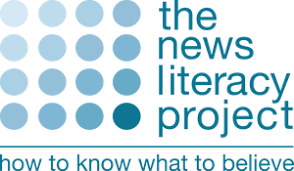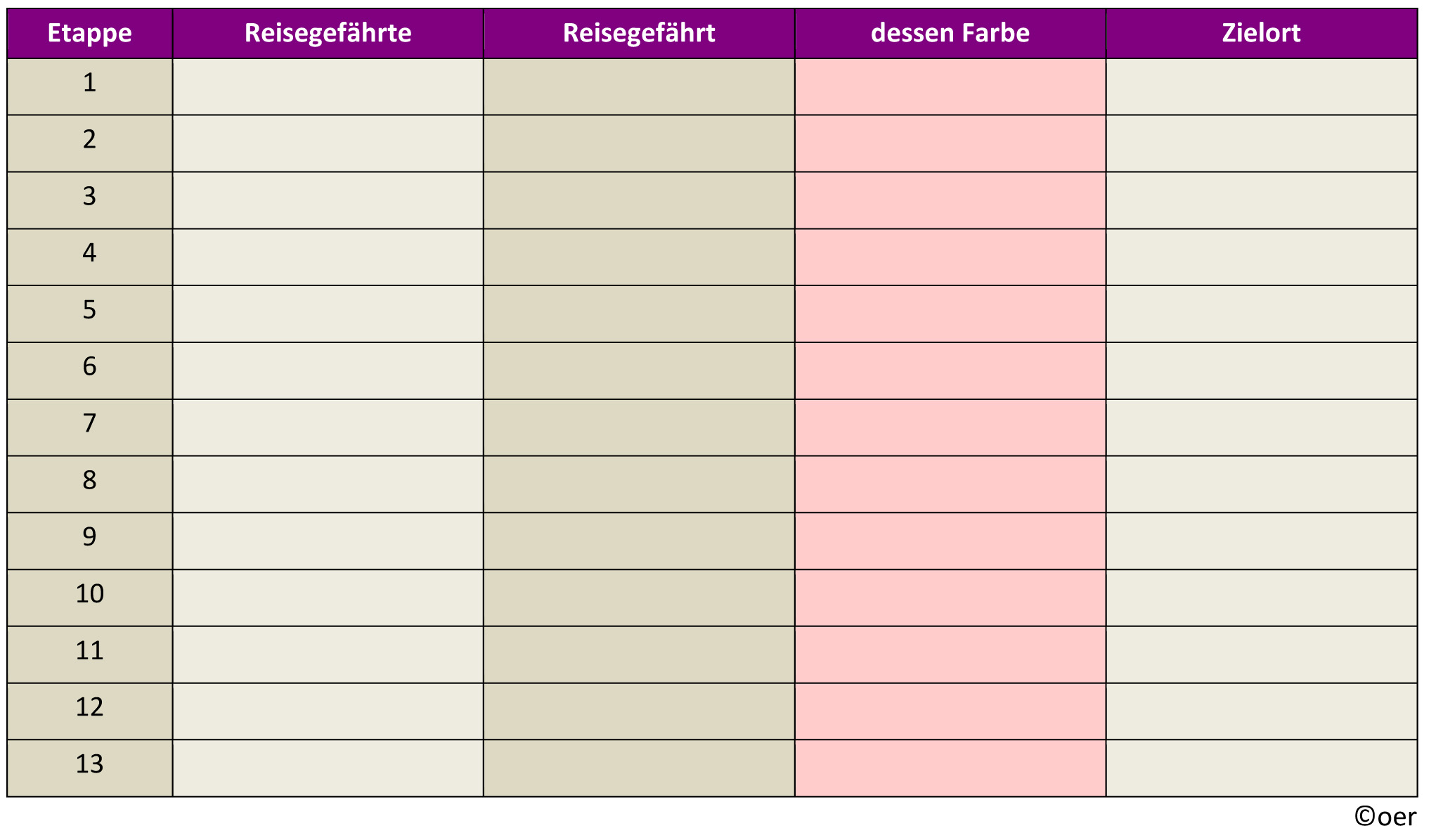
Avoiding Misinformation During the Pandemic
By Damaso Reyes
One of the unlisted side effects of Covid-19 is the rampant spreading of misinformation. People are frightened and trapped at home with nothing to do but go on social media. This has led to wild rumors, spreading in many cases faster than the disease itself. But we have the power to stop the spread of both kinds of viral infections if we simply take the time to stop and think about what we are sharing before we do so.
It’s important to remember that in times of crisis like these there are those who seek to take advantage of our confusion to promote their own agenda or to even sow discord within our communities. So, to protect ourselves and those we care about we should do a few simple things:
If you have a strong emotional reaction to something, it could be that you are being manipulated. Fact and standards-based information doesn’t seek to trigger you emotionally, it’s one of the reasons misinformation spreads so much faster than real news. So if you react strongly to something it could be because someone wants you to.
Remember that just because someone on the internet says its true does not mean that it is. Examine the evidence the person presents. Is there any actual evidence or are they just making a claim like Vitamin C protects again Covid-19 (it does not!). Often times something sounds like it could be true so we believe it and share it.
Remember to think about who is sharing the information you are seeing. Just because it’s a friend or family member doesn’t mean they have the expertise to know if what they are sharing is accurate. Take some time and investigate for yourself and remember to examine the sources you find online, often the same bad information, citing the same bad source, is repeated over and over again on the internet.
Make sure if you challenge a piece of misinformation on social media you create a “truth sandwich.” Don’t just repeat the falsehood but start and end with the correct information.
It is important to make sure you’re getting information from high quality sources, here are a few you can start with:
Germany Fact Check on Twitter
Der Spiegel on Twitter
German Press Agency dpa on Twitter
German Press Agency dpa on Facebook
First Draft News has created a series of free training courses for journalists that is open to everyone who is interested in learning how to verify information online and it comes in German, French, Spanish as well as six additional languages.
If you happen to be stuck at home with secondary school students and looking for ways to keep them occupied you can use a resource created for students by the American NGO the News Literacy Project. Visit www.checkology.org and sign up for a free account. You can use this platform (full disclosure, the author is a consultant with the News Literacy Project) to help your children to learn the difference between news and opinion and what the standards of quality journalism are.
These are challenging times and we must all do our part to protect ourselves not just from the Coronavirus but from the lies and rumors around it.
Damaso Reyes has been an independent international journalist for more than 20 years.
This article came about, when CulturMag co-publisher Alf Mayer had a breakfast talk with another journeyer at the very peaceful and remote Hopewell Lodge in Kenapuru Sound, New Zealand, both he and Damaso Reyes connected to the world (of Coronavirus) only by e-mails and the internet, the Marlborough Sounds a safe and faraway haven.
Born and raised in Brooklyn, New York, Damaso’s photography work has been exhibited in solo shows at galleries in Barcelona, Berkeley, Vienna, Budapest, Stuttgart, Buncrana/ Ireland and Uster/ Switzerland.

In addition to being a 2008 Fulbright Specialist, he is the recipient of several fellowships and awards and including an Arthur F. Burns Fellowship; a 2012 Knight-Luce fellow in global reporting; a 2013 French American Foundation fellowship for immigration reporting and a 2015 Holbrooke Fellowship from the International Center for Journalists, his work has appeared in publications including: The New York Times, The United Nations Development Programme, The Associated Press, The Wall Street Journal, Newsday, The San Francisco Chronicle, The Miami Herald, New York magazine, Der Spiegel and Time Asia. Damaso works with the News Literacy Project. It’s mission: To empower educators to teach students the skills they need to become smart, active consumers of news and other information and engaged, informed participants in civic life.











